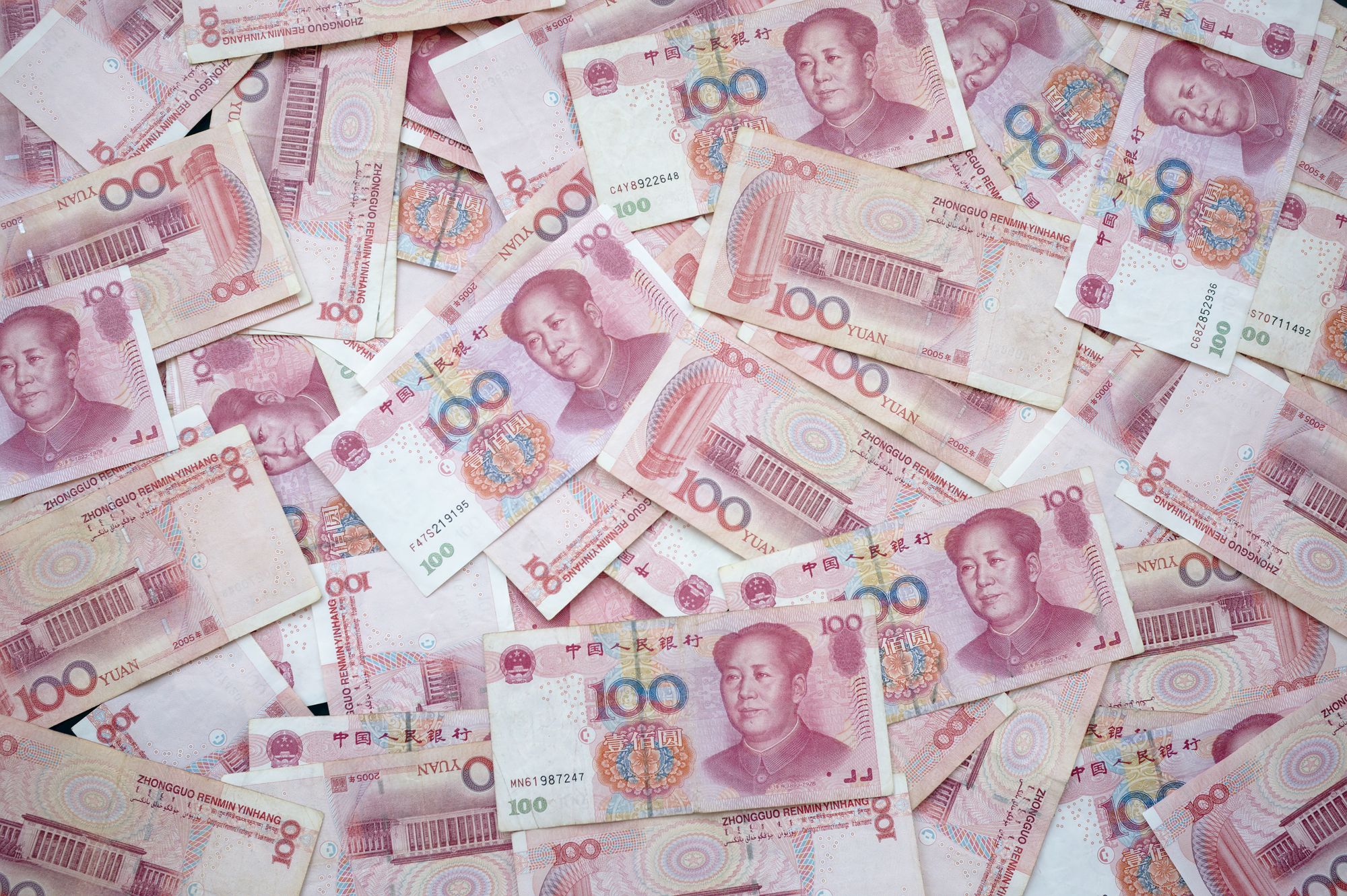Tech Stocks, Credit, Bitcoin... No One Is Left Behind
China's central bank has called for the shutdown of a company that, "was suspected of providing software services for virtual currency transactions". The People's Bank of China also warned institutions not to provide other services related to virtual currency.
In May, China also prohibited payment companies and financial institutions from providing crypto-related services. Following Beijing's call for a severe crackdown on bitcoin mining and trading, half the world's bitcoin miners have gone dark now.
One theory is that it is part of a broader law-and-order push ahead of the Chinese Communist Party's 100th anniversary this year. Another theory is that China is clearing the runway for its own digital yuan, a digital currency of the central bank that's been in development since 2014. The digital Yuan could theoretically give the government more power to monitor spending in real-time while having a tighter control over exchange flows.
However, the long term impact of such actions remained to be seen as miners may move offshore and the government may have a hard time preventing its population from buying and selling crypto-currencies.
“If China’s goal was to kill bitcoin by shutting down 50% of the mining capacity and prohibiting trading – thus crashing its value to punish Chinese holders (a la Didi post IPO and Ant Financial), [...] Instead, bitcoin proved its resiliency and the trades just moved offshore and miners elsewhere will take up the slack.” Fred Thiel, Marathon Digital Holdings CEO and Bitcoin Mining Council member by MacKenzie Sigalos for CNBC
BENCHMARK'S TAKE
- Technology companies such as Ant Financial, Alibaba and Didi have been hit hard as the Central Party tries to reign in the power of its tech giants
- The crackdown can be seen as an attack on speculation as the government tries to avoid massive defaults caused by extremely high debt-levels
"Even though overall debt declined after 2015, it rose once again in 2019, reaching 285 percent of GDP by the third quarter of 2020. Rapidly growing government and household debt have become particular concerns, although the lion’s share of the debt stock is occupied by state-owned enterprise and local government debt." by Sara Hsu for The Diplomat
Disclaimer
Please note that this article does not constitute investment advice in any form. This article is not a research report and is not intended to serve as the basis for any investment decision. All investments involve risk and the past performance of a security or financial product does not guarantee future returns. Investors have to conduct their own research before conducting any transaction. There is always the risk of losing parts or all of your money when you invest in securities or other financial products.
Credits
Photo by Eric Prouzet on Unsplash.






